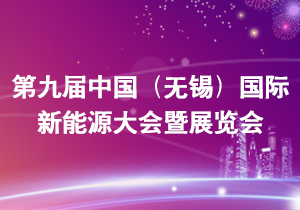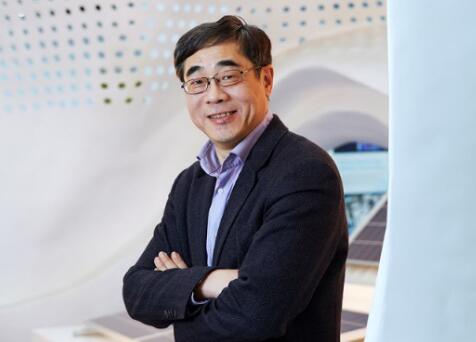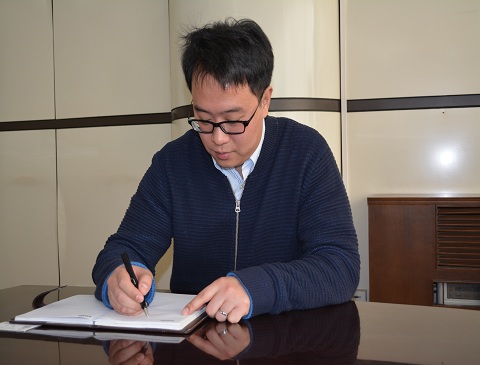Wellingborough, UK – 26th January 2012: A new survey of more than 400 buyers of PV inverters has revealed a growing acceptance of Chinese products, with close to 30% of respondents indicating they were of acceptable quality, according to IMS Research. The recent survey, conducted in Q4 last year also revealed however that customers also wanted increased reliability, functionality and yields, with more than half prepared to pay a premium for a 1% yield gain.
IMS Research’s new “PV Inverter Customer Opinions & Requirements Survey” report, reveals a number of interesting trends for PV inverters in the future as well as reasons behind their buyers’ choice of supplier and product. Whilst there was very strong brand preference for Western suppliers of inverters, with SMA Solar Technology confirmed as clear leader, many customers indicated that they trusted Chinese brands too, with customers in Italy and the UK being the most accepting. Despite this, the survey found that most customers still prefer Western inverter suppliers and had several demands for better products. Report co-author and market analyst, Cormac Gilligan commented, “The most important product feature for string inverters was having more MPPT channels and a wider MPP range. Whilst central inverter customers also want this, they see improved system monitoring and fault detection of ultimate importance to them”.
The on-going trend of building large installations using three-phase string inverters was also evident from the survey and more than 70% of respondents indicated they would consider using a string inverter in PV systems over 750kW in size. In fact, more than 30% said they would use string inverters to build MW-sized projects.
Nearly 70% of customers wanted monitoring diagnostics right down to the string level, with 15% wanting to monitor each panel individually. This appears to show a great opportunity for panel-level electronics. Senior Research Director, Ash Sharma commented. “Despite only being used in 1% of installations last year, more than 10% of customers are intending to use microinverters for some of their projects in the next 12-24 months, with an even greater number wanting to use DC-DC power optimisers”. Conversely, the survey also found that many customers wouldn’t use microinverters due to their higher costs and because they remain a new and still unproven technology.
Although customers were expecting better performing inverter products in future, with more features and higher efficiencies, most expected prices to fall over the next three years with most expecting a 20-30% reduction. Despite many respondents indicating they would be willing to pay for higher yields, nearly all said they expected their inverters to have more features and higher quality for lower prices. The survey results indicated that this was probably to be due to the way customers determine their preferred inverter price, “Nearly half of all customers said that they determined their inverter price based on their overall system budget. With module and system prices falling rapidly, this inherently puts more pressure on inverter prices to fall too”, added Gilligan.
Several hundred buyers of PV inverters such as installers, distributors, wholesalers, integrators and EPCs were surveyed by IMS Research to understand more about their purchasing habits when selecting an inverter and a vendor. The results have been published in a new report “PV Inverter Customer Opinions & Requirements Survey” which is available immediately from IMS Research.
- 第九届中国(无锡)国际新能源大会
-
 本届新能源大会以“新城镇、新能源、新生活”为主题,举办2017全球新能源产业峰会及“光伏+”跨界、绿色建筑、分布式市场营销等10场专业论坛,国家能源局新能源和可再生能源司...
本届新能源大会以“新城镇、新能源、新生活”为主题,举办2017全球新能源产业峰会及“光伏+”跨界、绿色建筑、分布式市场营销等10场专业论坛,国家能源局新能源和可再生能源司...














